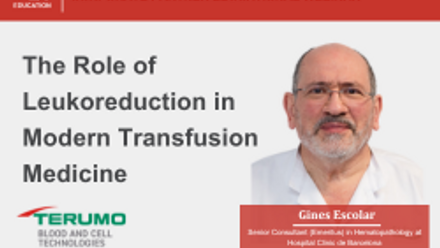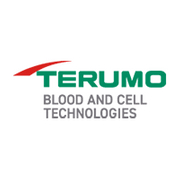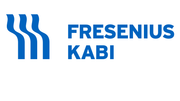The Lab Grown Blood: Future or Fantasy? session included the following presentations:
1. Ashley Toye: RESTORE trial a clinical assessment of laboratory grown red blood cells produced from stem cells
2. Koji Eto: Ex vivo platelet production system
3. Marieke von Lindern: Large scale production of cultured red blood cells for transfusion purposes
MODERATORS: Erica Wood, Jason Acker
After the presentation, there was a questions and answers session of about 5 minutes, which is also included in the recording.
Abstract
The RESTORE clinical trial A update on the RESTORE clinical trial: Manufacture and clinical assessment of cultured red cells
A M Toye1, S Kupzig2, N Cogan2, R Allen2, A RESTORE-Team3, C Ghevaert4, R Cardigan5
1School of Biochemistry, University of Bristol, 2R&D Filton, NHS Blood and Transplant, Bristol, 3NHSBT, Guys and St Thomas Hospital and Addenbrookes Hospital, Bristol-London-Cambridge, 4University of Cambridge, 5NHS Blood and Transplant, Cambridge, United Kingdom
With an ageing population and developments in medicine and surgery, many heath organisations fear the future demand for blood may exceed availability, increasing the need to find new sources of red blood cells (RBCs), especially of rare blood types. The generation of fresh RBCs grown from human blood stem cells (or immortalised cells) is one potential way to provide novel transfusion products. The use of such cells has the promise better care for those patients who require regular transfusions throughout life (e.g., thalassemia, sickle cell disease and certain cancers), because the lab grown blood cells are freshly made and so may last longer in the patients circulation. If these cells do last longer as hoped, this may reduce the number of transfusions needed and reduce iron loading of tissues. The challenge, however, is still to produce enough freshly grown red blood cells needed for a standard adult therapeutic dose. In 2011, the Douay group conducted a ground breaking proof-of-principle mini-transfusion of autologous manufactured RBC given to a single volunteer
The REcovery and survival of STem cell Originated REd cells (RESTORE) clinical trial is Phase 1 trial powered to conduct the first ever clinical assessment of a mini dose transfusion of allogeneic lab grown RBCs generated from adult stem cells in healthy human volunteers. The cultured cells performance in the recipient will be compared to the performance of the standard RBCs produced by the same donor transfused into the same recipient and the trial will also test safety.
The RESTORE team recently announced that two clinical trial participants were transfused with an allogeneic mini dose of lab grown blood to world-wide media interest. The RESTORE trial is still ongoing, scheduled to complete 2024, and this presentation will discuss the challenges of setting up a phase 1 comparative study and will provide an update on trial progress.





















